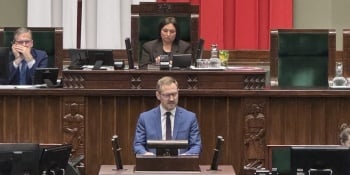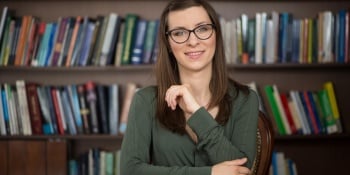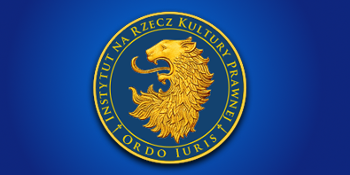We defend the natural identity of marriage as a reality linking a woman and a man in a permanent, exclusive relationship of a deep psychological, sexual and economic relationship, naturally oriented towards having children. We act as spokesmen affirmed in the national constitutional order and acts of international law, the truth about the family, as a natural environment for the development and well-being of all its members, in particular children, the source of diversity of free society. We emphasize that the most complete guarantee of children's good is education by biological parents who are married.
The full development of this natural growth environment requires good law, respecting the constitutional principles of subsidiarity, protection of the family and its life, determining the limits of state interference in family life. A law that recognizes the primacy of parents over you in the matter of bringing up children in accordance with your conscience and convictions. That is why we examine family policy instruments and act actively in defending the family, motherhood and parenthood where they are threatened by discriminatory practices of the legislator.

17.04.2025
• The Ordo Iuris Institute has prepared an opinion for the UN as part of a thematic report on surrogacy and its impact on the rights of women and children.

03.04.2025
• The Advocate General of the Court of Justice of the European Union (CJEU) has issued an opinion in a case involving a same-sex couple’s demand for their German marriage to be recognized as a marriage in Poland.

24.03.2025
On the 81st anniversary of the martyrdom of the Ulma family and the Jews they sheltered—who died at the hands of the German occupiers of Poland—the Ordo Iuris Institute is releasing a special commemorative infographic.

21.03.2025
• An Iranian national granted asylum in Hungary requested that her registered female gender be changed to male, indicating that she is transgender. Her request was denied due to the lack of surgical gender reassignment.

06.03.2025
· During its first reading, the Polish Sejm referred the citizens’ bill on protecting minors from online pornography to committee work.

06.03.2025
• The European Court of Human Rights (ECHR) has upheld complaints from same-sex couples who were denied a certificate of no impediment to marriage abroad by a Polish registry office.

Family and marriage
On 29 November 2018, the European Parliament adopted a resolution on the role of the German Children and Youth Offi

Family and marriage